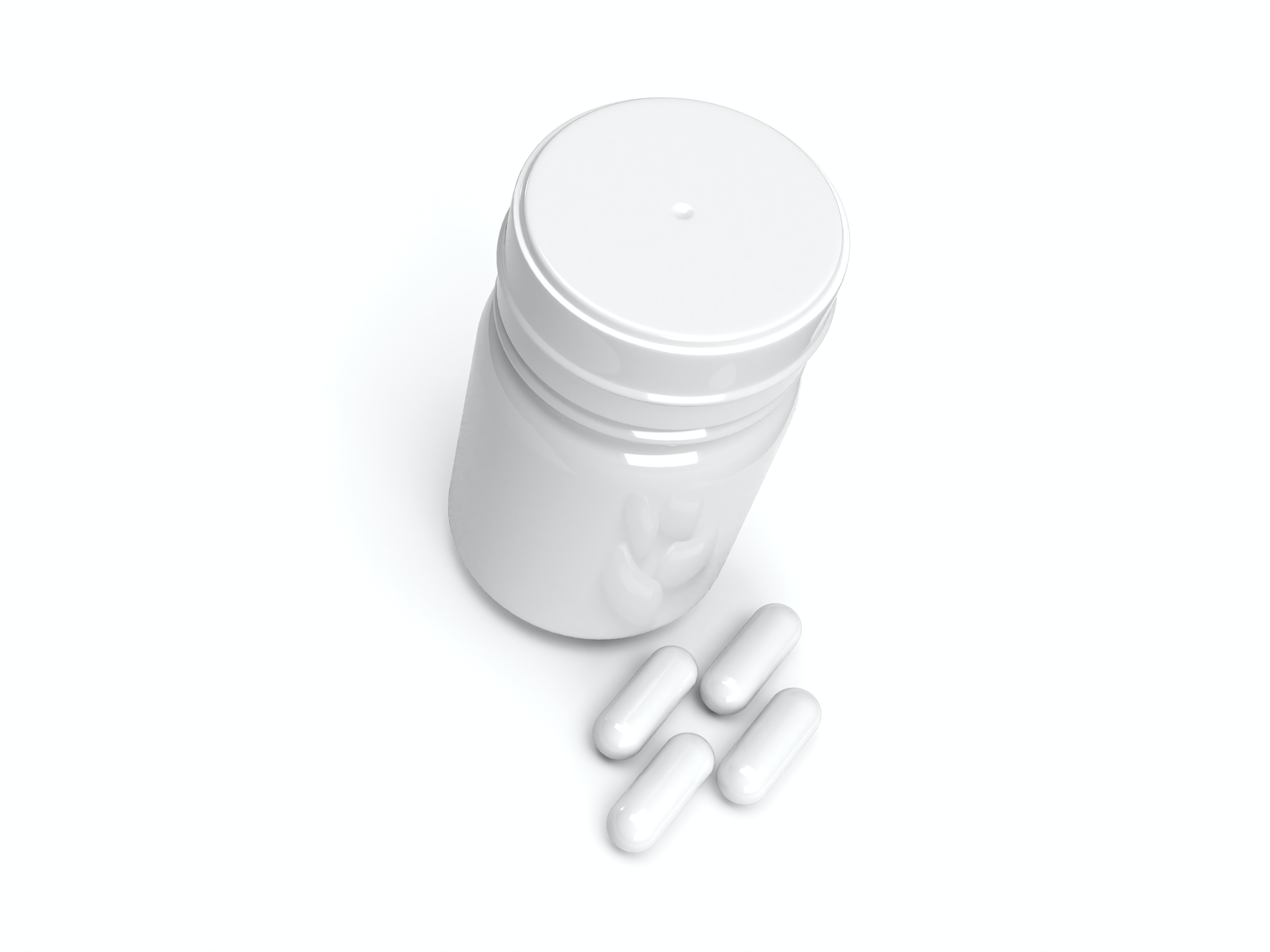Imagine how great it would be if one pill cured all of your problems? We’re sad to say that a magic potion does not exist. However, n-acetyl-l-cysteine (NAC) is the next best alternative. This compound can help with detoxification, weight management, brain health, and more. In this article, we’ll explain what it is and why you should consider taking it.
What is NAC?
NAC is an amino acid, and it is needed to make glutathione. Glutathione is one of the most powerful antioxidants in the body. It helps quench free radicals, which are compounds that can damage your cells and tissues. Antioxidants like glutathione are required for immune health and combating chronic diseases and illness.
Why not supplement with glutathione?
Glutathione is poorly absorbed when supplemented by mouth (1). It cannot enter the intestinal cells intact. It must be broken down into two molecules of L-cysteine before being absorbed. Therefore, supplementing with glutathione is a more expensive way of supplementing with NAC. This is why providing NAC is a more cost-effective way to increase glutathione levels in the body.
Where can you find NAC?
The supplemental form of the amino acid cysteine is NAC, which you cannot find in food. Protein foods are good sources of cysteine. According to the USDA, the following foods contain the most cysteine: lean pork chops, skirt steak beef, lean chicken breast, tuna, lentils, oatmeal, eggs, low-fat yogurt, sunflower seeds, and Swiss cheese (2). Nonetheless, there is reason to believe that supplementing is a more efficient way to raise glutathione levels.
What are the benefits of NAC?
NAC can help the body with detoxification.
Detoxification has an awful reputation. Yes, your body can detox itself naturally. You don’t need to spend money on teas or juices. However, your organs need nutrients to help them do their job. The liver uses NAC in the second phase of detoxification (3). Supplementing can help your liver do its job and rid your body of unwanted heavy metals, drugs, and other toxins.
One major toxin that NAC helps your liver process and eliminate is alcohol. Some people find that supplementing on nights that they drink can help reduce hangover symptoms. In addition, the supplement can assist the liver (and kidneys) with detoxification of certain medications. It is used in clinical settings to treat people with acetaminophen overdose (4).
NAC might aid in weight loss.
A study demonstrated that NAC correlated with a five percent reduction in body fat over eight weeks (5). These findings suggest that the supplement can help with weight loss efforts. In addition, a study in mice showed that supplementing with NAC increased the rodents’ ability to break down fat (6). This could be because low glutathione levels inhibit the body’s ability to break down fat.
Another way that NAC could aid in weight loss is by helping to stabilize blood sugar. Animal studies show that NAC may regulate blood sugar levels (7,8). This could be due to NAC’s ability to decrease inflammation in fat cells. Regulating blood sugar can help with appetite control and prevents unnecessary fat storage.
NAC could improve psychiatric disorders.
NAC influences an important neurotransmitter called glutamate. Excess glutamate, especially combined with insufficient glutathione, might contribute to various mental health conditions. Bipolar disorder, schizophrenia, obsessive-compulsive disorder (OCD), an addictive behavior may be linked to this imbalance (9).
There is interesting research to suggest that NAC can help treat moderate to severe OCD (10). There are also studies showing that supplementing can minimize negative effects of schizophrenia, decrease withdrawal symptoms and prevent relapse in drug addicts, and reduce marijuana and nicotine cravings (11). We do not suggest relying on the supplement to solve psychiatric disorders. However, it might be beneficial to supplement with comprehensive treatment.
NAC may improve memory and cognition.
As mentioned above, NAC can help optimize glutamate and glutathione levels in the brain. This can also translate to better memory and cognitive function. Since glutathione is a powerful antioxidant, it can help reduce damage that occurs to brain cells as we age. This can help slow down the progression of cognitive decline. NAC has delayed the loss of cognitive function in animals with neurological disorders, such as Alzheimer’s disease (12).
Additionally, oxidative damage contributes to the disease process in Parkinson’s. NAC can help reduce deterioration of brain cells, which results in improved dopamine function. Supplementation has been shown to do this and also ameliorate disease symptoms, such as tremors.
NAC can improve fertility.
The supplement might help with fertility issues in both men and women. Again, this ties back to glutathione’s action as a strong antioxidant. Some male infertility issues are caused by free radical damage to their reproductive systems (13). Therefore, supplementing helps by combating this oxidative stress. For example, one study found that supplementing with NAC and selenium (another strong antioxidant) improved semen quality (14).
The supplement might benefit female fertility in women with polycystic ovary syndrome (PCOS). It has been shown to promote ovulation, which is a common issue in this population (15). It might also have other benefits related to PCOS. This includes reducing body mass index (BMI), lowering fasting insulin, excess testosterone, and more.
Does NAC have any side effects?
Standard doses of the supplement should not cause negative side effects. However, higher amounts are linked to nausea, vomiting, diarrhea and constipation (16). While you can take it as an oral capsule or tablet, it does also come in an aerosol spray form. Inhaling NAC can lead to swelling of the mouth, runny nose, drowsiness, and chest tightness.
Remember, you should always check with your doctor or a registered dietitian before taking any dietary supplements. NAC is contraindicated during chemotherapy. It also might interact with blood pressure medications.
The bottom line.
As you can see, this supplement has a wide range of potential benefits. Its major influence comes from its ability to boost glutathione, which exerts a strong antioxidant effect. It also helps the liver with detoxification, which promotes health and mitigates hangovers. Moreover, its ability to regulate glutamate levels helps promote brain health and fight neurological disorders. Best of all, it comes with little to no side effects and is safe for most people. NAC might not be magic, but it’s about as close as dietary supplements can get.
As with all supplementation, remember to check in with your healthcare provider or registered dietitian before you get started!






